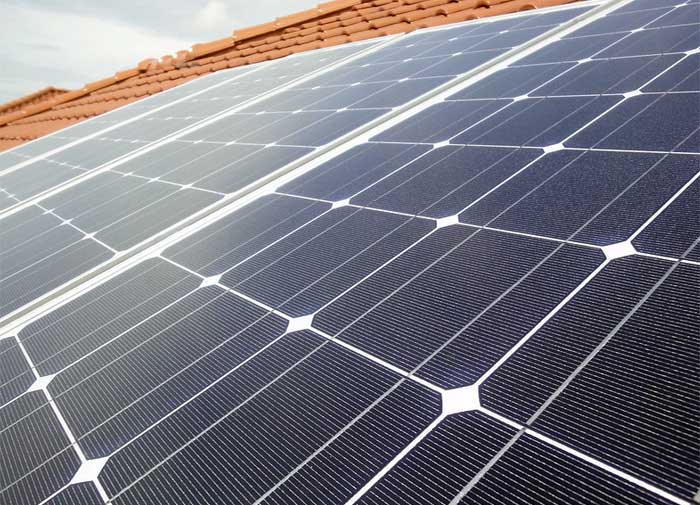Singapore is home to an exciting sustainable energy industry, and the city’s innovative research and development (R&D) in this sector aims to tackle today’s global issues head on. Leading global research into renewable energy, Singapore is also a great place for testing out new ideas, with some of the world’s most exciting green architecture and eco-friendly initiatives, like buses with green roofs, receiving support from the government in their policies. Singapore’s government aims to transform the country into a Smart Nation, powered by the latest digital technology, and an important aspect of this is the sustainability of new innovations. The clean energy future of Singapore is likely one that rests upon the continued digitalisation of Singaporean society.
Research and Development (R&D)
Singapore aims to be a global leader in renewable energy R&D, and in the past few years has rolled out an exciting lineup of new clean innovations, something that’s set to continue. In 2018, they won the Renewable Energy category at the ASEAN Energy Awards with their floating solar power testbed in Tengeh Reservoir - making double use of this piece of infrastructure, both for supplying water and generating energy. The equatorial location of Singapore makes solar power an ideal path of growth, and the city has pledged to raise its solar capacity significantly in the coming years.
Infrastructure investment
Another way Singapore is upgrading its infrastructure is the number of electric vehicles able to operate on its transport network. It aims to move its entire bus fleet into electric or hybrid vehicles by 2040, and currently is well on its way to this goal. In order to support personal use of electric vehicles, a national charging network is currently being laid out, with 2,000 charging points connecting to this all over the island. As well as privately owned electric cars, BlueSG is a joint initiative between a private sector company, Bollore Group, and Singapore’s government, and anyone can use this service to rent electric cars for easy transport. The electric charging network not only supports electric vehicles, but also building owners and clean energy use at home. When homes switch to smart metre use and thermostats, they are able to more efficiently use energy, and the network of battery and grid energy can be best calibrated to save energy in the long term.
Private sector support
Apple has recently changed its operations to be powered solely by clean energy, as are many multinational companies, and Singapore’s goal to be a global business hub motivates the country to take the renewable energy needs of the global private sector into account. In Singapore, the companies Sunseap and Sembcorp are taking matters into their hands too, and with the support of the government are turning several of their buildings into power generators, by fitting their properties with solar panels. So far, the companies have identified over 210 different sites to roll out this new initiative.
Reducing reliance on imported fuels
While Singapore has a fairly clean and efficient power infrastructure, a significant challenge has continued to be its reliance on imported fuels. Due to its small size, until now 95% of power generated is sourced from imported natural gas, and this issue is further exacerbated by the small size of its energy system, which means its heavily affected by changes in supply and demand. Moving to a digital energy infrastructure manages the latter issue, while switching over to local renewable energy sources, such as solar power, means that the country is less reliant on imports, creating a win-win situation where both economic fluctuations are levelled out and environmentally friendly power sources are accommodated.
The years ahead are bound to see a slew of exciting renewable energy projects come to fruition across Singapore. From new research into solar energy and how it can be integrated, often seamlessly, into the cities infrastructure and architecture, to a focus on sustainable transport and catering for its citizens home energy needs in the best way possible, Singapore has proven itself to be one of the most exciting hubs for clean energy innovation, and this trend is set to continue.

